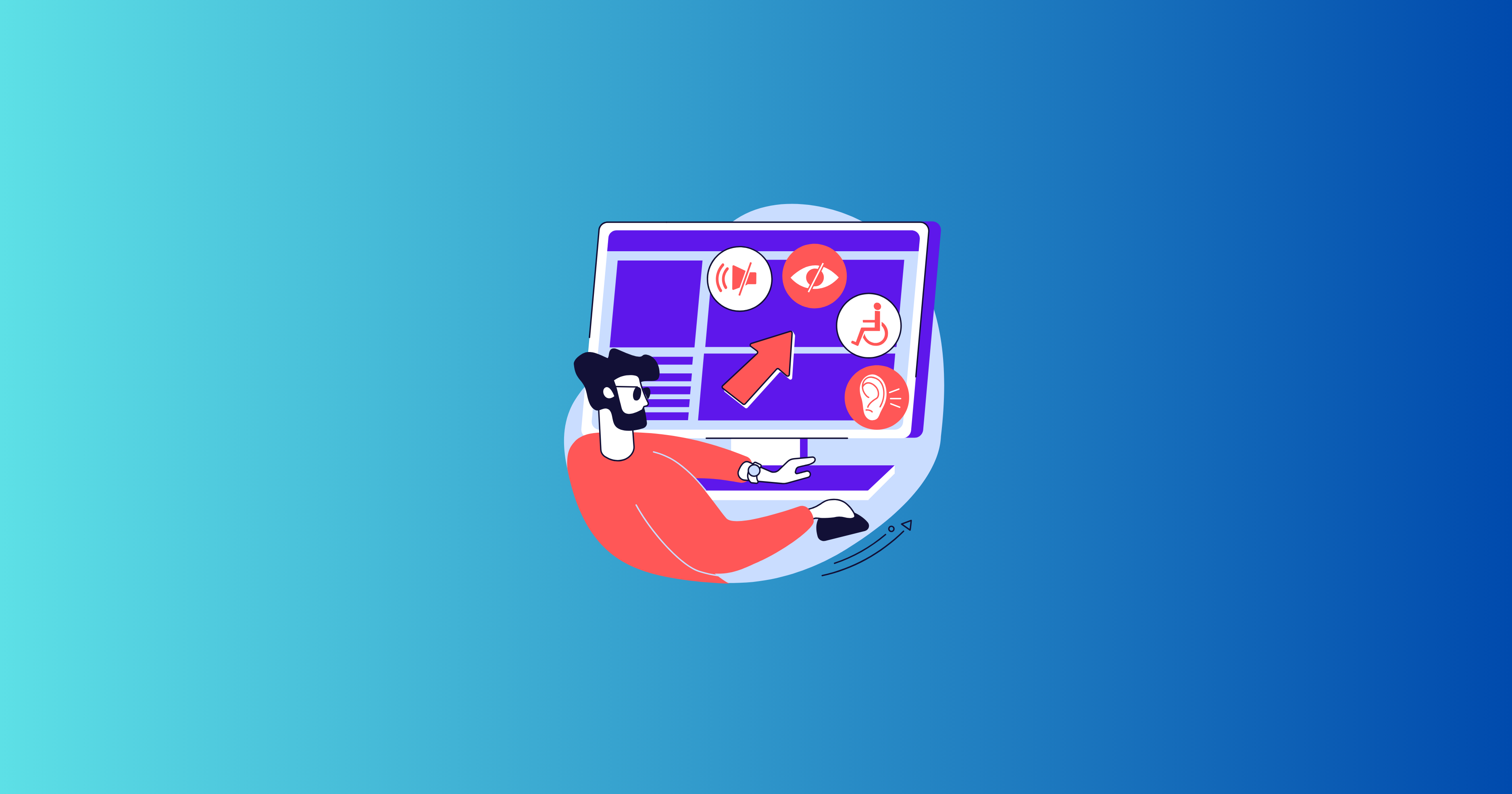It’s never been this easy for people to tell us things about themselves on the internet. With just a quick Google search, we can learn a great deal about someone and what he or she is passionate about.
Take our company's co-founder, John Hall, for example. He started out as an entrepreneur, looking to help others create content to position themselves as thought leaders in their industry. To do this, he knew he had to be creating content himself, so he focused on building up his own personal brand through content marketing. Pretty soon, that turned into a robust social media presence and following, which resulted in John booking tons of speaking engagements and sessions at conferences, landing columns in both Inc. and Forbes, and writing a bestselling book, "Top of Mind."
It's important to note that personal and professional branding are essentially the same thing. They both lead to professional development and making a name for yourself. The things John was able to accomplish by developing his personal and professional brand didn't happen overnight, though. In fact, building up his personal brand to what it is today took a lot of content, distribution, time, effort, and dedication.
What Is a Personal Brand?
Don’t get me wrong when you see the phrase “personal brand.” I'm not saying you should try to become Instagram famous or that you need to start a YouTube channel. Yes, Instagram and YouTube influencers absolutely have their own personal brands, but the concept takes a different form in a professional setting. In the workplace, a personal brand is all about showcasing yourself as an industry leader and sharing the expertise you’ve gained through your real-life experiences. Personal branding can help you lock up coveted speaking gigs, podcast interviews, and guest-posting opportunities in publications that would be very difficult to land otherwise.
What Are the Goals That Drive Your Personal Brand in the Workplace?
Without measurable goals, your dreams are just dreams, right? When you set your goals, think first about what it is that you want to get out of your personal brand. Once you know the end result you're seeking, you can start mapping out a way to get there. Dedicating time to building your personal brand can help you:
- Communicate your industry knowledge and expertise
- Position yourself as a reliable, consistent presence in the space
- Achieve transparency, likability, and a chance to build more trust with your audience
- Book speaking engagements
- Secure a column in a valuable publication your audience reads
- Land a book deal
- Earn third-party validation through guest-contributed articles published in external publications
- Own and lead the conversation on specific industry areas and topics
- Become a household name in your niche
Kick your personal brand up a notch online through search engine optimization. Download your free copy of to learn how.
to learn how.
What Kinds of Content Will Help Build a Personal Brand?
Now that you have the endgame in mind, it’s time to think about what you actually need to do to get the ball rolling. You may be the most charismatic, friendly, interesting person ever, but if people who don’t know about you can’t stumble across you online, none of it matters for your personal brand.
First things first: You need to start joining in on whatever conversations are currently going on in your industry. That means commenting on current events, upcoming product launches, and published opinion pieces. One great place to get started is HARO, a website that pitches timely and relevant topics so that content creators and journalists can always have something to cover.
To help bring more value to the conversations you're having, you're going to need original content. Here are the types of content you should be creating to grow your personal brand:
- Blog posts. A growing blog loaded with relevant and interesting content is a staple for your personal brand. It beefs up your website for SEO purposes and also serves as a platform for all of the topics you want to educate your audience on. It’s a one-stop thought leadership shop that will make readers realize, “Wow — this person really knows his [or her] stuff!”
- Guest-contributed articles. Contributing to online publications that can get your knowledge out to a wider audience helps build trust and introduces your personal brand to new readers who haven't heard of you yet.
- Social media posts. Demonstrating that you are a true expert in your field through quality content is a surefire way to build up a social following. Sharing thoughts and ideas that you are passionate about on social media (as well as those of others in your space whom you trust and respect) provides that humanizing aspect for your personal brand. It’s also important for getting more people to see the content you're creating.
- Press mentions. The more quality content you distribute, the more other leaders in your industry will take notice. Becoming a thought leader with a strong personal brand can help you earn PR opportunities, quotes, and press mentions in content created by other thought leaders in leading industry publications, thereby offering you great third-party validation.
- Whitepapers. Creating long-form content that dives deeper into a subject your audience is interested in learning about is another way to burnish your personal brand. This type of in-depth content shows readers that you not only know what you're talking about, but you also have more knowledge than most on the subject.
Want more information on how all of these content types work together and the processes for creating them?  .
.
The Backbone of Your Personal Brand: Authenticity
There are advertisements everywhere we go. I don’t think it’s possible to leave the house without someone trying to sell us something. A better, less-invasive sales approach is through content that comes from a real person. We crave human connection and will let emotions dictate our actions — even our purchases. Building your personal brand through content can create incredible opportunities for you to really connect with your audience in a special way. But authenticity is key.
Here are some tips for conveying authenticity online:
- Don’t be promotional. Blowing your own horn won't help you get published online, and that kind of content isn't enjoyable to read, either. Your role as a thought leader is simple: educate, share your insights, and provide value.
- Be consistent. Building your personal brand takes time. You can’t expect the members of your audience to trust you overnight — you have to show them that you are a steady source of value to them and that you're consistently creating published content.
- Engage in conversation. Your online presence means nothing if you post once and never respond to anyone. If someone tries to engage in conversation about your topic with you, run with it! It’s called an online community for a reason.
What Should You Write About?
If you ever find yourself having great conversations about what’s going on in your industry and think that other people would find them valuable, you’re probably right. Content marketing allows you to take those conversations and distribute them in a space that is hungry for unique insights. Here are some ways you can stay inspired and avoid running out of topics to cover:
- Keep a running list of topic ideas so you can easily store ones you aren't immediately addressing.
- Think through hard conversations that you've recently had with clients. The solution you came up with may be the exact advice someone else is looking for.
- Pay attention to the content other people in your space are creating. This will help you stay up-to-speed on industry issues and take a stance on certain directions the industry is heading.
- Maintain communication with other industry leaders. People in your industry whom you admire can be inspiring. Keep in touch with them and don't be afraid to pick their brains (and allow them to pick yours).
It may seem like you have an endless supply of topics and conversation starters to run with at the beginning of your content creation process, but it’s normal to hit an occasional roadblock. Keep your ears open and remember that sometimes inspiration can come to you in unexpected ways.
This Is Not a One-Person Job
If this seems like a lot of responsibility for one person, you're not wrong. People who are busy running their business don’t have a ton of time on their hands. To successfully put content out that supports your personal brand, you’re going to need some dedication and possibly some assistance. Here are your options:
1. Dedicate yourself to content creation.
To tackle content creation yourself, you can develop a writing routine by blocking out time on designated days to focus on content. Consider hiring an assistant to take care of the smaller things on your plate to free up some time.
To keep your topic well from running dry, use a voice recorder to quickly rattle out ideas that you want to expand on later, or keep a running note on your phone or in a notebook of various subjects that you want to cover. Save images and pieces of content that inspire you for those times when you're experiencing writer's block.
2. Outsource your content.
It goes without saying that you and your people are busy. If regularly creating high-quality content is new to you, chances are the writing of blog posts or distribution of social posts is going to get pushed to the back burner.
Hiring an outsourced content team frees you from having to do it yourself and guarantees that a team of experts is dedicated to one thing: creating awesome content for you. Your outsourced content marketing team will take the time to do the research, ask the best questions, and learn your voice so that your content can achieve specific and measurable goals.
Using content to create and maintain a personal brand is the perfect way to show up online, prove that you have extensive knowledge in your field, create a buzz in your industry, and focus some extra attention on your company. However you choose to go about it, building up your personal brand with content is an effort that will yield dividends.
Learn everything you need to know to start using your personal brand to build thought leadership by downloading your Free Guide to Content Marketing for Thought Leadership.










